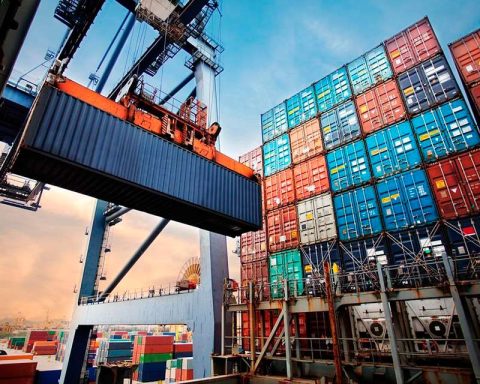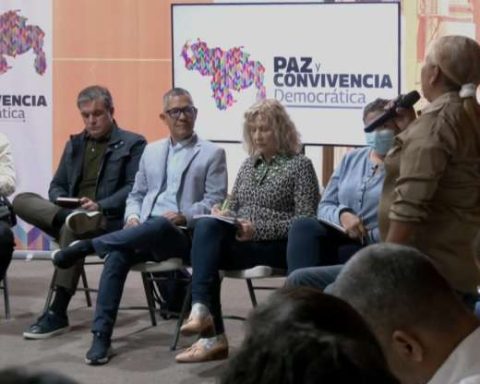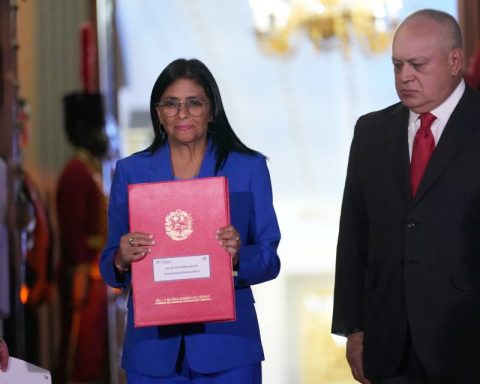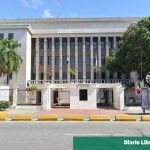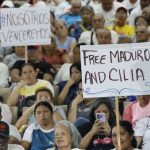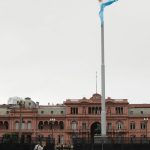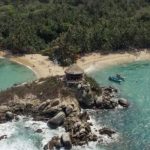The Ombudsman, Alfredo Ruiz, indicated this Tuesday that the attention to children and adolescents was essential for the Ombudsman’s Office (Citizen Power body), especially during the covid-19 pandemic.
This was expressed by Ruiz during his assessment before the National Assembly. “The panorama affected the most vulnerable people, children and adolescents, who suffered the confinement of the covid-19 pandemic, generating high degrees of emotional vulnerability, also lamenting cases of abuse.”
“The rights of children and adolescents are of special attention by the Ombudsman, suffering serious changes in their living conditions, which is why we reinforce efforts in training and surveillance,” he added.
For this – explained Ruiz – work was strengthened with ministries, protection councils, international institutions such as UNICEF, as well as with the Confederation of the Deaf of Venezuela.
For this reason, the Ombudsman’s Office celebrated 22 years since the promulgation of the Organic Law for the protection of children and adolescents, as well as welcomes the creation of new texts to protect the lives of the most vulnerable people.
“One of the challenges is to eradicate violence against children or between parents that can occur in any situation,” he said.
During his speech, the ombudsman repudiated the coercive measures imposed by the United States (USA) and that were intensified during the pandemic.
Similarly, he rejected that these sanctions affect the most vulnerable, such as children, adolescents, the elderly and people with disabilities.
“They seized our assets in their banks, they stole our companies abroad, they attacked children, adults. That is not enough, but they tried to avoid any type of treatment of people who were outside the country and received help from the State, “he said.
On the other hand, the defender stated that, in 2021, with the use of alternative technological means through the Internet, such as videoconferences, videochats, various training spaces were created.
Specifically, Ruiz explained, 13,552 training activities were carried out distributed in workshops, courses, diploma courses, conferences, forums, talks, talks, assemblies, among others.
In these activities, 177,032 people were trained in the promotion, surveillance and defense of the human rights of children, people with HIV-AIDS, to prevent violence against women, to resolve conflicts, to protect adults older, on environmental law, against the crime of human trafficking, among other issues.
Of those trained people – the defender pointed out – 3,801 correspond to people with some kind of disability.
“We recognize the effort of people with disabilities to face their daily lives, but also the effort to train to serve other people,” he said.


